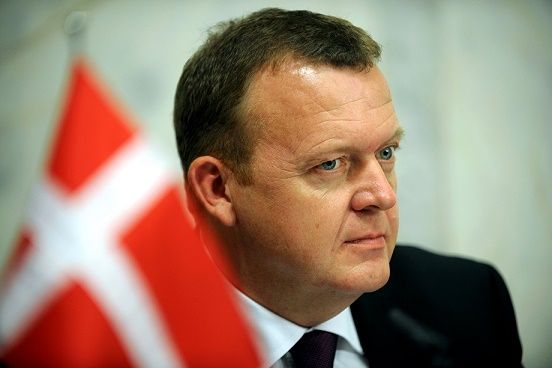At a press conference yesterday, Danish PM Lars Løkke Rasmussen had to concede that the government’s attempts to negotiate an ambitious tax reform package would have to be drastically scaled down.
The main bones of contention remain tax concessions for the highest earners and the insistence of Dansk Folkeparti that any tax reform be coupled with a tightening up of foreign policy – or as party leader Kristian Thulesen Dahl expressed it: “a paradigm shift in foreign policy”.
Pragmatism needed
Rasmussen emphasised that it is now all about negotiating a quick and less ambitious agreement, reports DR Nyheder. This would leave in place tax concessions for the lowest-paid workers and include greater incentives for people to save up for their pensions.
The PM also rejected the idea of coupling tax reforms and foreign policy. “The government is happy to discuss foreign policy with Dansk Folkeparti, but it has to be on foreign policy’s own terms. That way we devise the foreign policy that Denmark needs and that we can stand behind.”
In or out?
Shortly before Christmas, Anders Samuelsen, the leader of Liberal Alliance, made an astonishing volte face and voted in favour of the budget agreement – after previously threatening to leave the government if top tax concessions were not forthcoming.
READ ALSO: Liberal Alliance backs down from demands for tax cuts for high earners
The new budget for 2018 already contains more money for the health sector, the elderly and the police. The negotiations on the tax package are still ongoing.















